I don't know of any tools to do this automatically for you, but I can outline the steps any tool (or you) would have to follow.
Each assembly contains a manifest. The manifest lists the names and versions of all other assemblies that the current assembly depends upon. At its simplest you'd need to follow this trail recursively.
There's no correct way to tell you the filenames of the referenced assemblies. References are stored in the manifest as assembly names (name, version, culture, etc.) and not as filenames. When the .NET runtime needs to load a referenced assembly it uses various searches to find it, and the result of these searches may vary from environment to environment. Of course, this might not be a problem for you if you're just looking for the assemblies on your development machine, for example.
Techniques for resolving assembly references include searching any assemblies already loaded, looking in the Global Assembly Cache, looking in the application directory, redirecting based on application configuration files or publisher policies, and others. Google for the article "How the Runtime Locates Assemblies" in MSDN for more details. In addition, your application can register to do its own reference resolution by handling the System::AppDomain::AssemblyResolve event.
